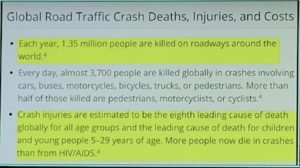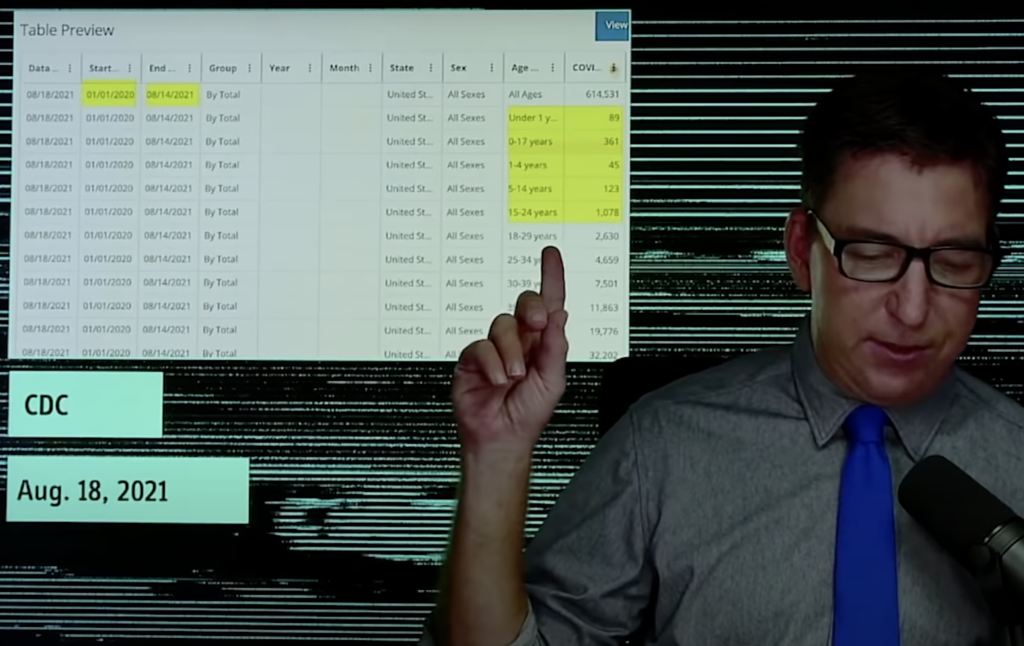Matt Stoller Discusses the Overconcentration of Economic and Political Power in Many American Industries
I've followed Matt Stoller for months and I now support his Substack newsletter. He discusses the over-concentrations of power in many places. This is incredibly important to having a meaningful understanding about what is going on in Washington DC. Mere Supply and Demand does NOT explain what is going on, contrary to many economists.
Krystal and Saagar talk at length with policy expert Matt Stoller about the monopolization of the American economy, supply chain shocks, corruption in government, consumer culture, meat packing consolidation, the anti-trust movement and more.
From Stoller's first Substack newsletter:
You see, I was taught basic economics by Martin Feldstein at Harvard, and he told us that banks and corporations were neutral technocratic institutions. And I believed him, because I was an arrogant Harvard student who trusted economists. Witnessing the policy choice to concentrate wealth and power during the Wall Street bailouts, and talking to lots of people in foreclosure who didn’t get a bailout, broke me of that illusion.After you learn about Too Big to Fail banks, it’s hard not to look around and begin seeing that Too Big to Fail is everywhere. Eventually I came to read Cornered by Barry Lynn, and that book helped connect the dots and set me on the path to researching my own book, Goliath. (Later I found out Feldstein was on the board of AIG, which was one of the central villains of the financial crisis.)
What’s your story? And what monopolies are you noticing these days?


